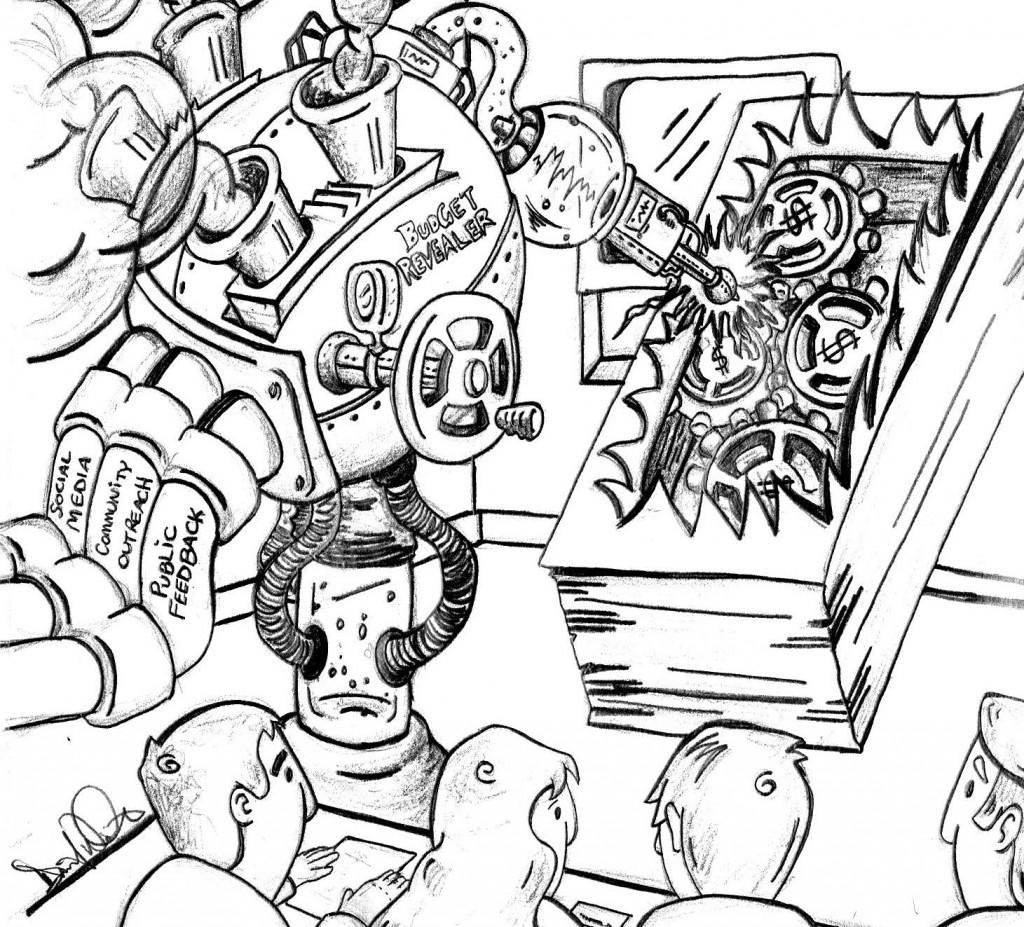By Joshua Knopp/entertainment editor
When asked who is the best country-rock group in Austin, Stonehoney probably does not come to mind.
The band, an ensemble of four performers with completely separate musical backgrounds and styles, met and began to perform together in August 2005 in Los Angeles. They began to pick up notoriety only after their move to Austin and only in certain circles. Cedar Creek Sessions is their debut album, having come out in July, and it’s not hard to see what those who’ve heard them are talking about.
The four members — Shawn Davis, Phil Hurley, David Phenicie and Nick Randolph — began as members of a weekly gathering at Randolph’s rented home to play music. After tentatively agreeing to form the band, they moved to Austin and earned a reputation for great live performances. The band has no frontman, and each musician is in awe of the other three.
“We’re all huge fans of each other, and we’ve all learned a lot from each other,” Randolph says in the bio section of Stonehoney’s home page.
Their ability to perform live seems to be the focal point of their many praises and is reflected in Cedar Creek Sessions. The title aptly describes the album’s content — the unedited recording sessions of each song on the album. This gives the album the feel of their live music without actually recording a live album. This uncommon practice lends validity to the band’s feel as being a throwback to pre-techno days.
Sadly, the way it was recorded is better than the recordings themselves. The 14 songs on the album break down into nine songs about “You,” three songs directly related to “You” and just two songs about something else. Make no mistake, there are powerful songs about “You.” This category of music includes some of the most evocative there is. But after a certain amount of time, particularly in the context of one album, ears just close to it.
The album opens with four consecutive songs along the lines of either “You broke up with me and now I’m sad and stuff” or “I’m with you right now, and it’s really nice.” After a respite of three songs, one about prison and two only indirectly about “You,” a series of five songs repeat the sentiments of the first four. After a few minutes, the music bleeds into background noise and the mind wanders.
The band, while talented, comes off as trying too hard to make a big hit with one of these love songs. The only thing holding the group back is a lack of things to sing about. Once it starts finding more topics, it should skyrocket up the charts.



























